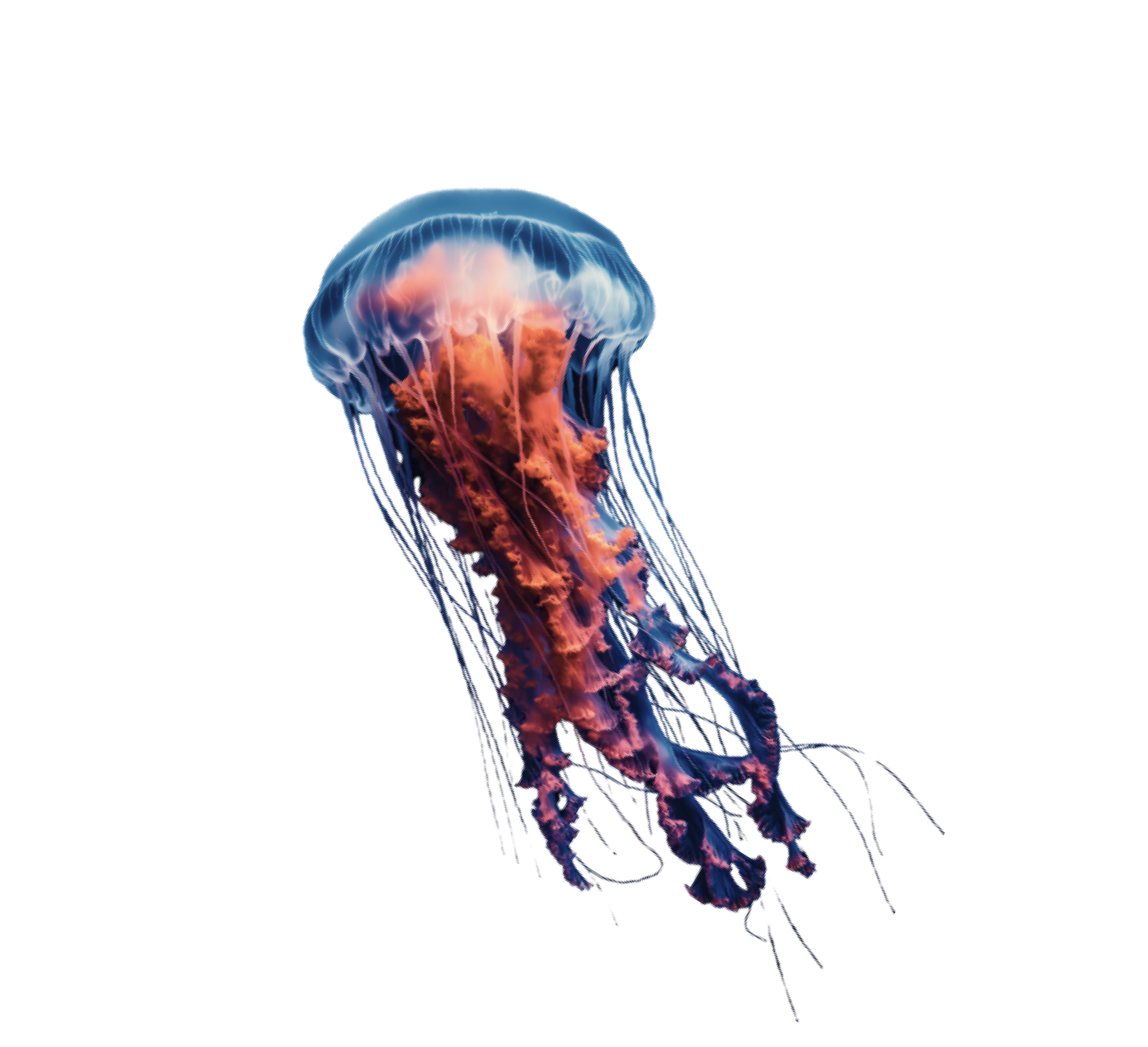Our Story
In 2016, Reza was on an airplane, reading the in-flight magazine, when he came across an article describing the invasion of the lionfish in the Gulf of Mexico as well as the fish’s excruciatingly painful sting. Having worked on a Texas coral snake venom in the past, and mostly being a curious scientist, he checked the literature to see if anyone had figured out exactly how this venom works to cause pain, but his search came up empty.
After nearly 3 years of hard work with many trainees in his laboratory, he was able to figure out how lionfish venom causes pain. With one of his students and collaborators, they managed to make a major breakthrough that they published in a paper in 2018, which was the cover of the November issue of the scientific, peer-reviewed journal PAIN, outlining exactly what kind of pain lionfish venom causes, what pain-sensing cells it targets, and began to uncover its mechanism of action.
Since then, his team identified how the venom activates pain-sensing cells and found ways to block the pain the venom causes. With this information in tow, they embarked on creating a cure that could help the large number of people each year that are stung by lionfish. Dedicated to their cause, and determined to ensure that this cure works well in humans, they were even their first human test subjects (but more on that another time).
Now, their work in the lab focuses on isolating the specific toxin in the venom that is responsible for causing pain, as well as understanding how certain species of fish (like moray eels and sharks) can eat lionfish. By understanding the evolution of the venom, as well as resistance mechanisms to the venom, they hope to better understand how this venom can be used for good.
Scientific expertise




